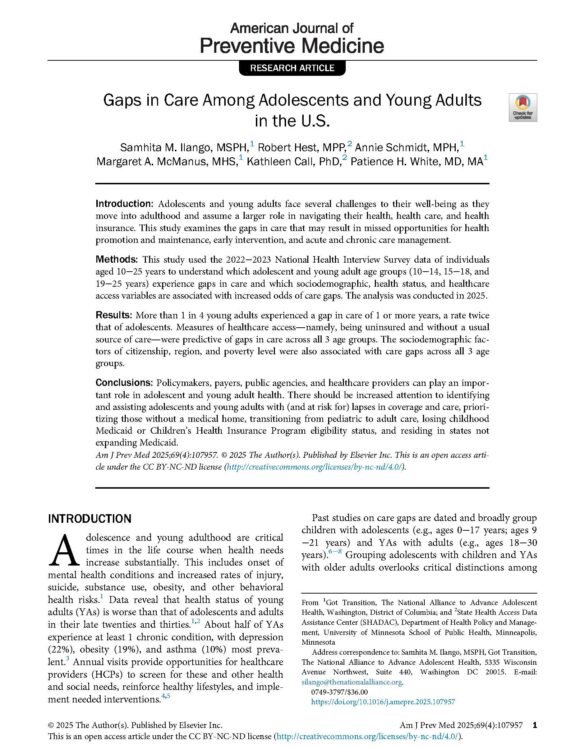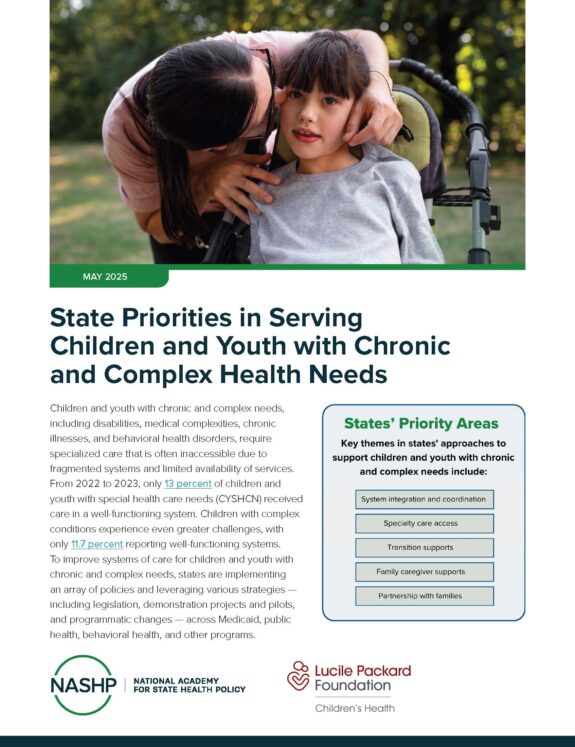Grantseeking for Care Coordination: Lessons Learned
Madeline Hall, Manager, Grant Development at Children’s Hospital of Orange County Foundation, knows firsthand how challenging it can be to finance care coordination for children with special health care needs. She has been instrumental in finding funding for the work of the Orange County Care Coordination Collaborative for Kids. In this guest post, she shares what she has learned and offers inspiration for those doing similar work.
When I was first contacted about writing a blog entry on “how to sustain care coordination coalitions over the long term via grantseeking,” I panicked. I’ve never blogged. I don’t read blogs (no offense to faithful followers – I just don’t think about it). And I’m quite certain that writings on sustainability aren’t nearly as riveting as those that cover, say, cooking all of Julia Child’s recipes or trekking in the Gobi Desert. But here goes…
First, sustaining almost anything via grantseeking is largely a myth. Funder priorities change. Givers want other givers to replace them. Ongoing human needs ride the roller coaster of public attention and the latest research findings. Then there’s the reality of explaining care coordination. In theory, any cause should be able to be summarized in an elevator speech from the first floor to the 10th, but describing care coordination requires taking the stairs. There’s that pesky, mind-boggling array of excluded conditions, coverage limitations, too young for this, too old for that, systems that aren’t connected, scores too high, scores too low, wait 90 days…it goes on and on.
Further, making the case for care coordination has inherent challenges:
- Done well, care coordination’s benefits include cost avoidance, which can be difficult to quantify. Pre-school advocates have inspired calculations of future cost savings in education, social services and juvenile justice. Similarly, well-publicized savings data for care coordination may one day help to make the case for funding, even appropriate reimbursements.
- Most of my colleagues admit that – despite the promise of technology – care coordination is really achieved by building relationships. So often, a seemingly intractable problem gets solved when people in different agencies, departments, and parent groups can just talk with one another. (This is what has happened in our own Lucile Packard Foundation for Children’s Health-supported collaborative.) Ongoing support for this “glue,” including dollars for personnel, is needed, but support for people can be a hard sell.
- The need for care coordination will persist and, in fact, increase as children with special health care needs age. Compassionate funders and legislators must be made aware of the transition-to-adulthood challenges in housing, medical care, transportation, and other necessities inherent in achieving quality of life. Alas, seeking support for a problem that won’t go away doesn’t always inspire checkwriting.
So, what is the role of grantseeking? To state the obvious, grants should be viewed as a part, not the whole, of any funding model. Care coordination – and, in fact, any function that helps to care for the most vulnerable in our society – should have a mix of support from government (legislation, policy, social programs), philanthropy, and business (i.e., equitable reimbursements from commercial payers).
A diverse support model opens the door to interesting partnerships, such as one in development in our own Orange County collaborative: accessing Federal Financial Participation funding via Public Health Nursing to hire an inter-agency care coordinator who will tackle the most difficult barriers. A 25 percent private match is required, secured through grantseeking. We have also had some success with local family foundations that have capacity in the $10,000-$20,000 grant range and respond to stories of the challenges parents face on a daily basis.
Grants, then, are most effective when they are catalysts: illuminating and sealing gaps in our non-system of care, or facilitating needed work that will ultimately receive support from many sources. Navigating the path to a diverse and sustainable funding model for care coordination will feel like trekking in the Gobi desert, but it is the hard work that must be done, and never alone.



